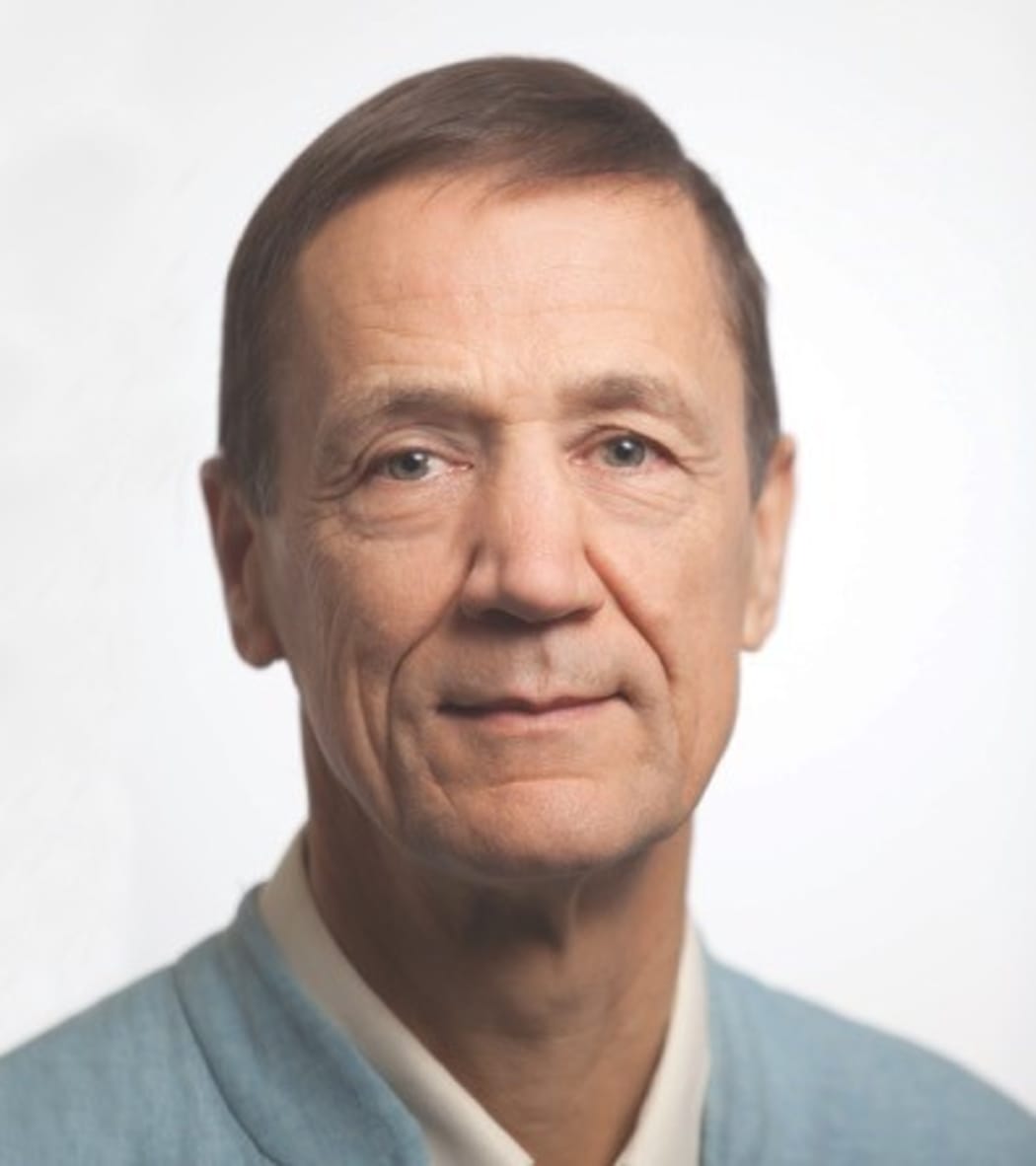
Photo: supplied
Dr Ian Gawler is one of Australia's most experienced authorities on mind-body medicine and meditation.
He was diagnosed with osteosarcoma, or bone cancer, over 40 years ago. His right leg was amputated, and then he was told the cancer had metastised into a lung, his pelvis and his spine. He was given only two weeks to live.
That diagnosis and Dr Gawler’s claim to be the only person in the world to survive secondary osteosarcoma have come under scrutiny in Australia.
He has become the centre of an argument about the ethics of the promotion of the mind’s ability to cure cancer.
Dr Ian Gawler, who is in New Zealand with his wife Dr Ruth Gawler to run courses including a residential programme, talks with Kim Hill:
Dr Gawler says that after his diagnosis with osteosarcoma in 1975, he got the best medical advice he could, as well as scouring medical libraries. He could find no evidence of anyone living more than six months with a condition such as he had.
“The diagnosis was well established and the prognosis was very grim.”
He then had chemotherapy, which he says was not meant to be curative.
“It was meant to be palliative and buy me some time. And I think that’s what it did – it bought me enough time to get the benefit of these other things and I’m here talking to you now.”
Yet Dr Gawler wants to make it clear he’s not anti-science or anti-medicine.
“That’s never been the case. I’ve always been interested in how you get the best out of both worlds."
Cancer treatment has three aspects, as he sees it – getting the best medical help you can, looking at natural and complementary therapies that might be useful and, most importantly, doing what you can do for yourself.
He believes that through lifestyle changes “applied fairly intensively” people can greatly contribute to their own recovery and wellbeing, alongside other treatments they may be getting.
He says he's troubled that even though one of the major potential causes of cancer is bad diet, many doctors still get virtually no training in nutrition. Coming from a veterinary background himself, therapeutic nutrition makes very obvious sense.
“You go to the vet with a pet and one of the first things you’ll always be asked is ‘What are you feeding your dog or your cat?’ Because it’s important.
"Most people would go to a GP repeatedly and never be asked that question because the GPs for some reason just aren’t trained in nutrition, they don’t value it.”
When you get heart disease, a doctor will tell you at the first appointment how lifestyle change can have a positive effect on your disease, he says.
The fact doctors don't often have such conversations at the time of cancer diagnosis is “an incredible error of omission,” Dr Gawler says.
“In cancer medicine most patients aren’t being advised by the doctors that what they do with their lifestyle can have a significant impact on the future of their condition.”
A diet that aids recovery from cancer is anti-inflammatory and regenerative, he says.
“Having a sensible approach to nutrition and recognising what you eat has a direct impact on your health and your wellbeing and specifically your capacity to heal – that should be normalised, that should be a given.”
“At the very least get on to a diet that’s not going to be provoking the cancer more.”
He guesses his own cancer was caused by a "very high-meat diet" and his "typical cancer prone personality" (also known as the C-type personality).
“I’ve had close connection with about 20,000 cancer patients over these past years. I would say of those at least 90 percent would recognise this cancer-prone personality.”
So what is this personality type?
“Their way of stress management is to try and please people, to be compliant. They tend to be people who have difficulty saying no to requests and they tend to internalise their emotions.
"They’re not the type of people who get angry. They’re the type of people who like to keep the peace and they make a lot of effort to do that. They put other people ahead of themselves to the detriment of themselves.”
Dr Gawler recommends people diagnosed with a major illness start doing what they can to live as healthily and happily as possible. Being active in your own treatment can reverse some of the fear, he says, and even help people die peacefully.
“I’ve seen people who’ve had really advanced cancer, who’ve died of that cancer and who’ve died with virtually no symptoms – no pain, no difficulty – they’ve just died. They died well. They died without a lot of pain, they died in a good state of mind. They died knowing that they’d done all that they could.”

